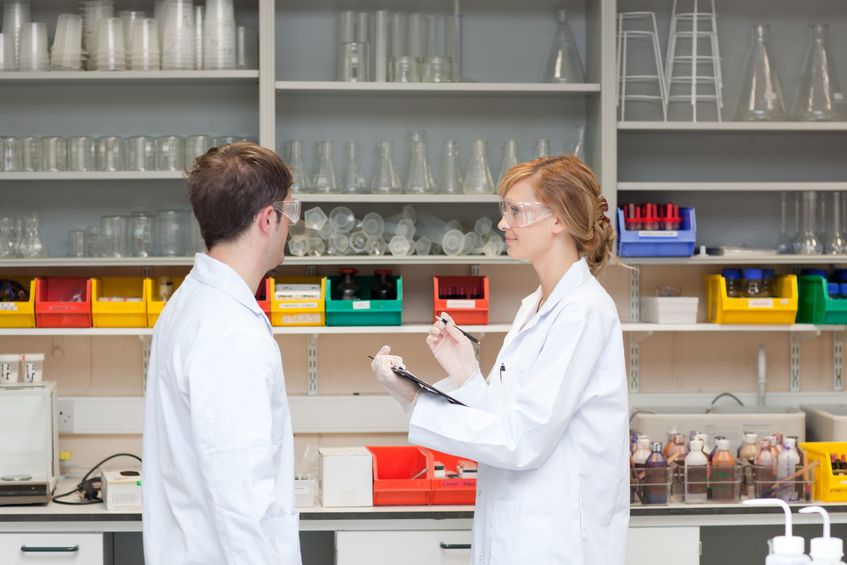“Wait, this isn’t the reagent I ordered!”
In the short term, overseas research experience allows scientists to expand their network, acquire new experimental techniques, and become acquainted with a variety cultures. Long term, it enables one to collaborate with international colleagues,
Graduate school is one of the most mentally and physically exhausting experiences. Many of us find ourselves navigating a range of new responsibilities, including teaching, coursework, and side projects, all on top of our main thesis or dissertation
If you’re currently in science research then you’re well aware of the funding deficit, and it’s likely that at one point you or a fellow scientist friend has had research (or maybe even a job) on the line while eagerly awaiting a grant score. So,
If you're a scientist working on a tight budget ― which is most of us these days ― you face a familiar dilemma: how to stretch your funds as far as they can go without compromising the quality of your work.
So you want to try a new reagent. But whether it’s to replace one that you have previously used or to start on a new project, one important question always arises: how do you know that it will work? Even if the manufacturer’s website shows data and





